Milk and honey. Unadulterated handiworks of nature.
Snow-white and sugar-brown in color, milk and honey make a perfect case for the ultimate sophistication of sheer plainness.
Even though nature itself is a multiverse of color; with up to ten million shades the human eye can perceive, some of nature’s members would rather stick to one plain color.
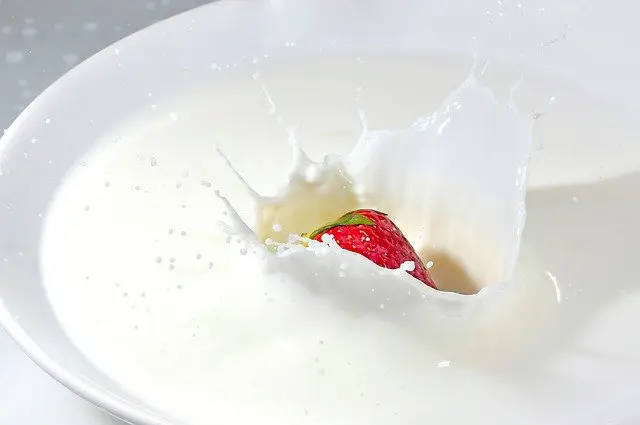
And it works just fine. Take milk.
Milk will always be white, as sure as eggs is eggs and bacon is bacon.
Milk is straightforward, determinate and head strong on being white.
Sole, domineering color
It doesn’t hide around shells, like the coco-nut, or change colors like boiled white beans.
There’s no guise with milk; no duplicity. This virtue of having a sole domineering color is crucial and pivotal to how we perceive things around us. It gives identity to our world.
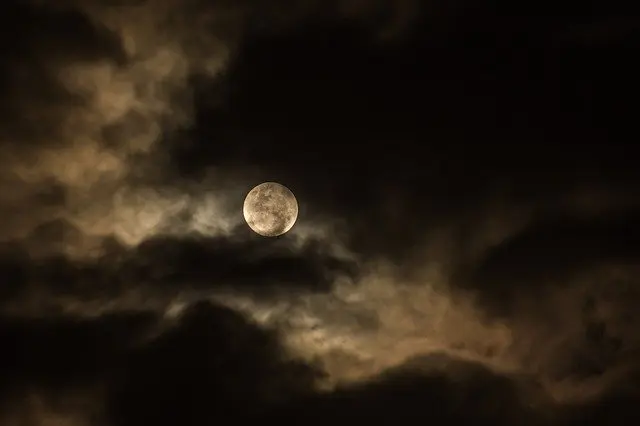
Think of this: when we look up in the day, the sky is blue, but pitch dark in the night. There’s no night you’ll look up to a blue night sky, innit? Night is night, because night is dark, right?
But the essence of color goes far and wide; beyond giving distinct identities, to stimulating and captivating our eyes with wonder.
Multicolor
Nature wraps up much of its wonders in multicolor
Just like a peacock unleashes an alluring iridescence with it’s tail feathers, nature unleashes its spectrum in multicolor.

Here, nature gives freedom to rack up as many colors as you want on your cloak, which makes the multicolor club so full of variety.
With this kind of freedom, I bet multicolored members like melons find it difficult to understand single colored counterparts like milk and it’s insistence on just one color.
Given the chance, melons would put up an elaborate Khaby Lame impression on milk.
The vicious ones
Some members of the multi-color club decided to gobble up all the color in the world.

Chameleons. They toiled so hard on color, so much that the only color they didn’t catch was colorless.
Perhaps they forgot that zero color also counts for color. Or they decided to give it no credit.
Tight knit despite disparities
You might think nature would have a difficult time embracing all of its members, who are so variedly endowed in color.
Humans may struggle with embracing their diversity. Not nature.
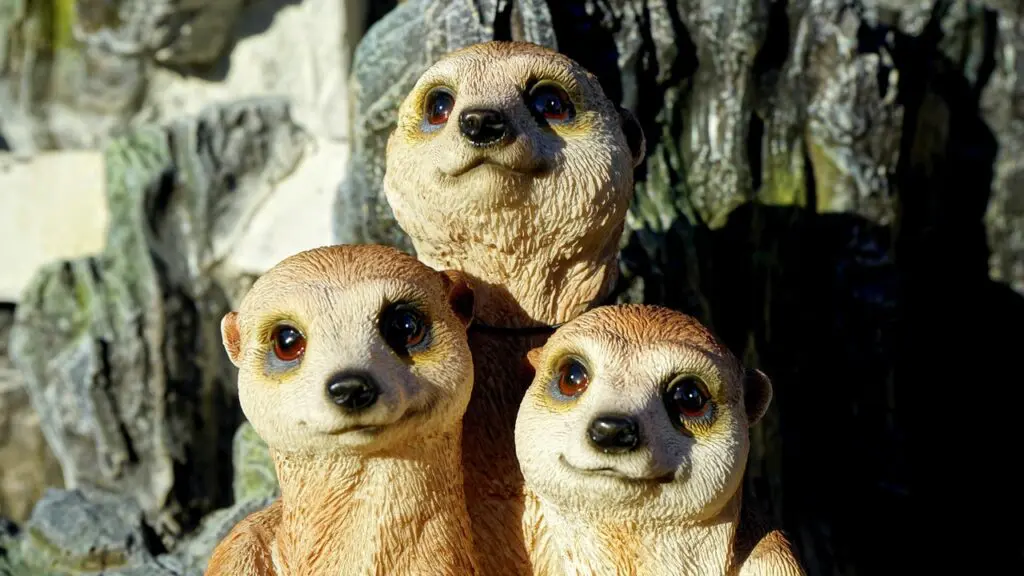
Nature equally accommodates and embraces all it’s members with their varied color preferences!
For this reason and for the love of color, every color in nature is worth celebrating and that’s where Jacaranda comes in.
Make-overs
The tree goes through a whole lot of change to bring out its flowery self.
I’m sure the girls will attest that having a total makeover done on your head is no comfy.
Right from the unmaking of an old hairstyle to dressing up the head with a new style and everything in between – It takes a headstrong skull to endure all of it; the stretching, the pulling and twisting.
It’s the same experience that Jacaranda goes through, shedding every bit of leaf and putting up a new outlook. It’s almost like an attempt to recolor the sky.

The eye view changes immensely. Every inch and foot of Jacaranda’s canopy takes on a new look. And it’s amazing to eye.
Gaze and laud
What more could we do to appreciate the effort, than to gaze at the beauty and laud praises to the Creator for the great work.
Here are amazing photos I took around my campus, for your enjoyment.
Remember to take care of nature, for rewards like these.
Drop a like, comment and stay Unleashed!
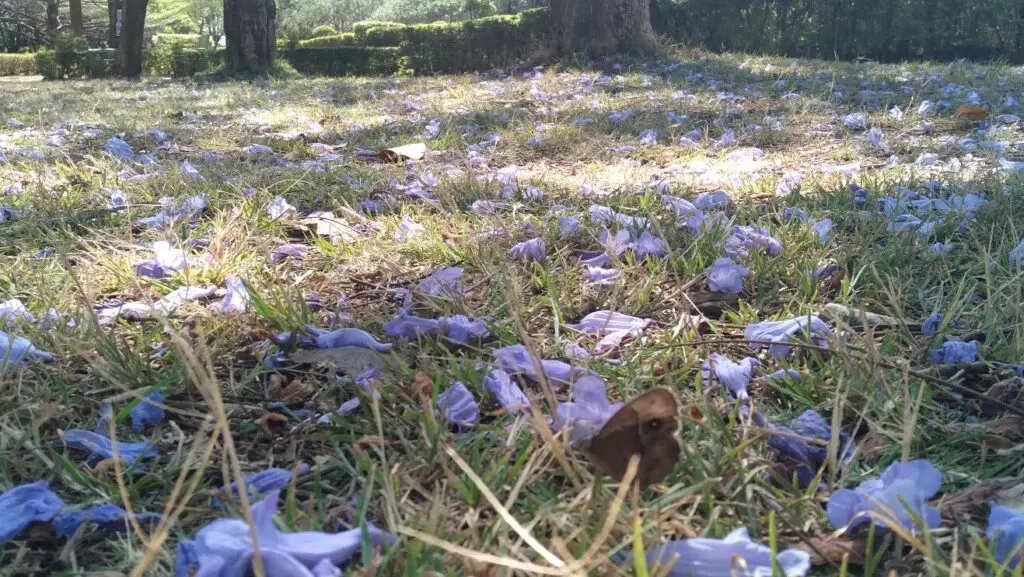
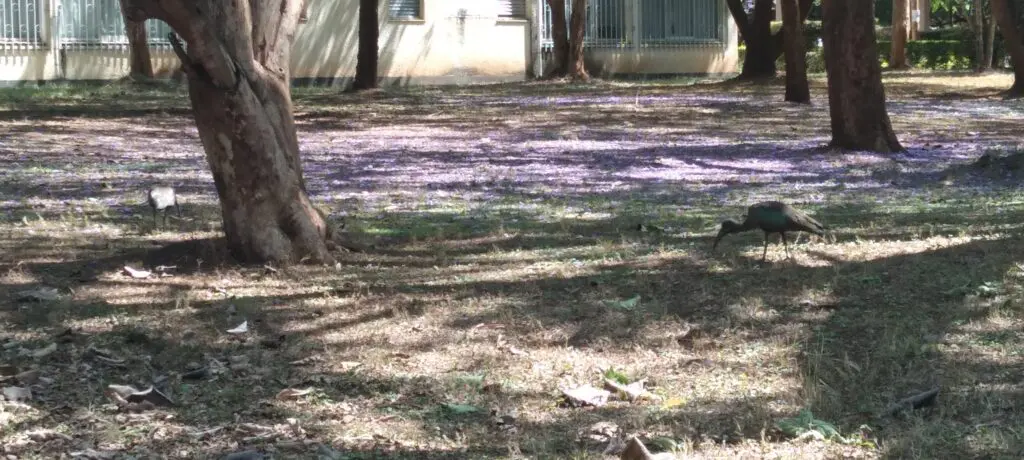
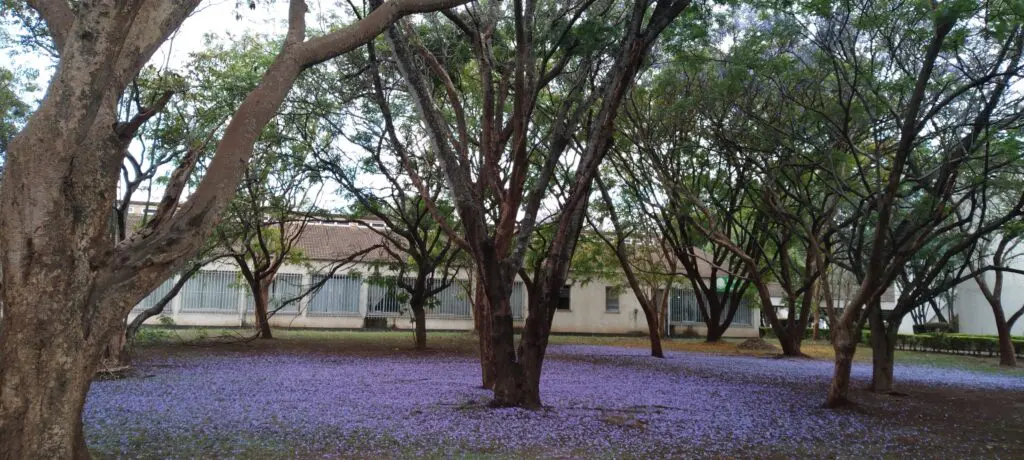

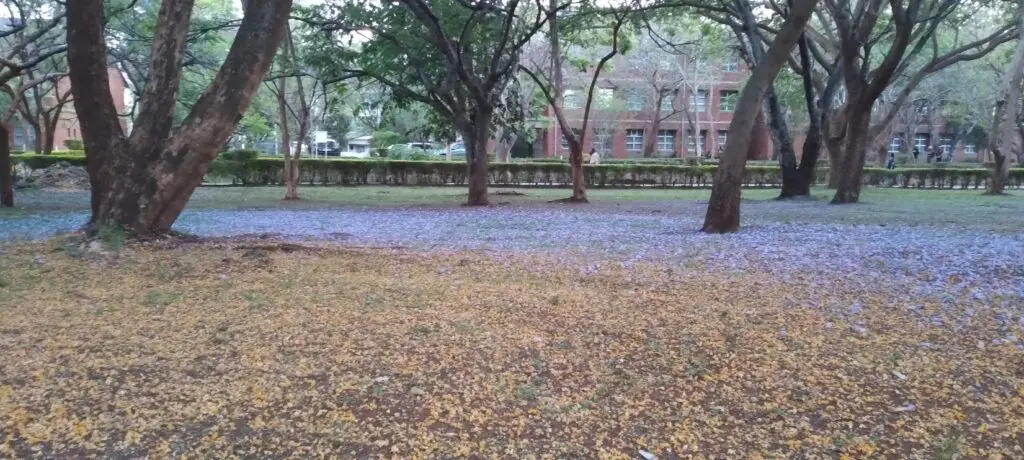


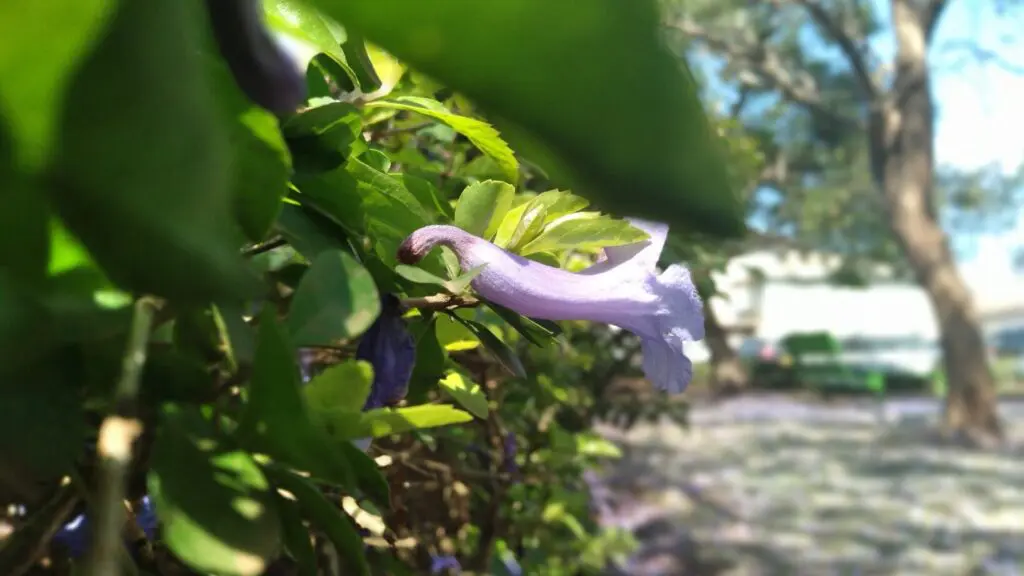


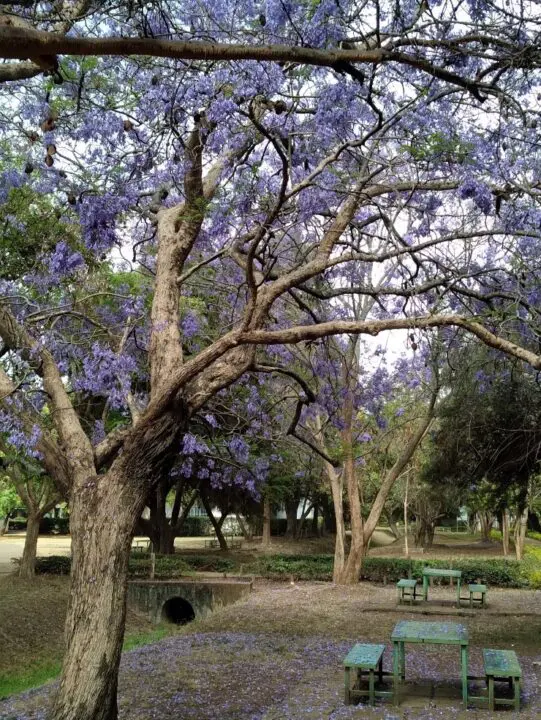
👏🏾👏🏾
This is incredibly breathtaking!
‘It doesn’t hide around shells, like the coco-nut, or change colors like boiled white beans.”. I like the humour
amazing
Huh☺😍we should get more of this!
And that’s the reason why the nature calls for its conservation not by the loud voice but through the display: beauiful nature…..
Great article there….Bravo Amigos!!!!
nice one
Awesome
Incredible!